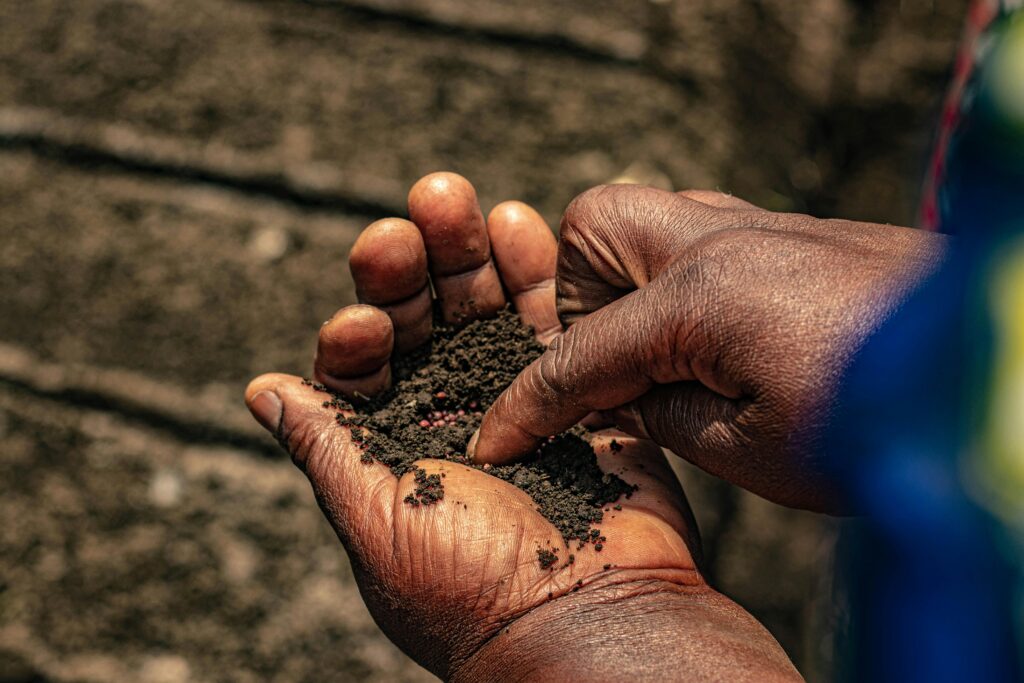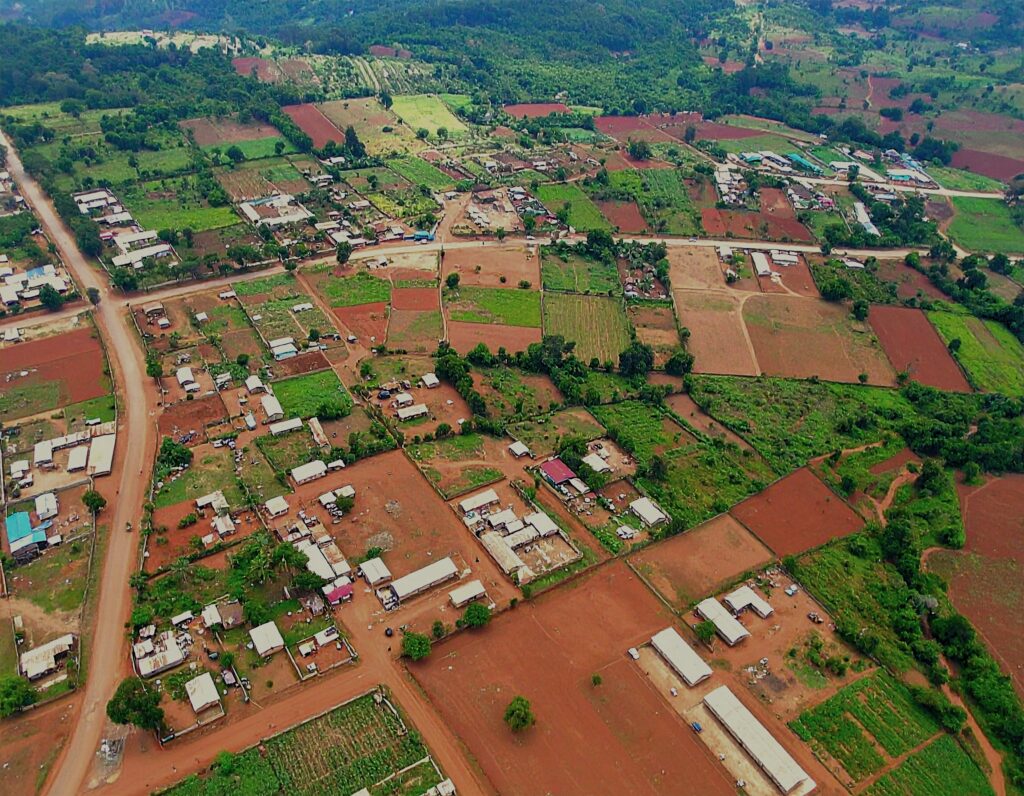Employment in Africa – How has Sida Contributed?
Overview of Diaspora Philanthropy in Sweden
EBA launches new anthology on China’s growing role in global development

2025:03
Economic Development
Evaluation
Forced Self Reliance? Protracted Displacement and Economic Inclusion: Cases from East Africa
Måns Fellesson, Mats Hårsmar
Driven by conflict, persecution, and various other factors, the global number of refugees and forcibly displaced persons has reached unprecedented heights. Given that returning to their places of origin is often infeasible, many refugees...

2025:04
Organisation and Management of Aid
Evaluation
Evaluation of Sida’s Application of Multidimensional Poverty Analyses
Fredrik Uggla, Inge Tvedten, Ingela Ternström
The overall objective of Swedish development cooperation is to ‘create conditions for improved living conditions for people living in poverty and oppression’. Poverty has many dimensions and should therefore not be measured solely in...

2025:02
Climate and Environment
Mapping
Land Tenure and Climate Resilience: Household Level Evidence from Kenya
Kathleen Klaus, Emma Elfversson
How does land ownership and climate change affect people's lives in Kenya? Land is a central element of economic prosperity and social power, and changes in land use can lead to conflicts, inequalities, and migration. Climate change,...